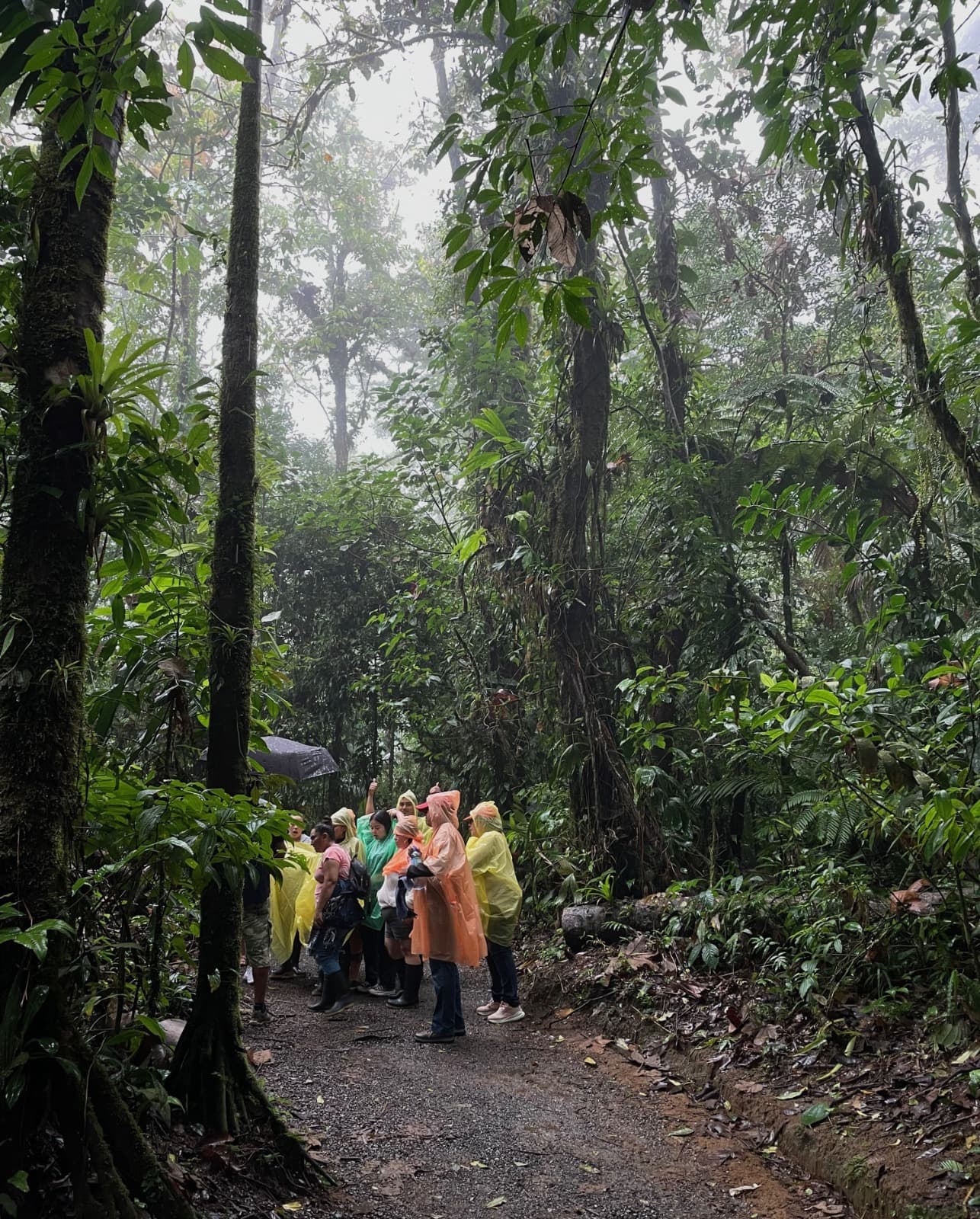About
Living the Forest Lab
“Living the Forest Lab” is a research initiative funded by the Stiftung Innovation in der Hochschullehre, located at TU Berlin’s Faculty IV Electrical Engineering and Computer Science, Department of Communications Systems.
This project aims to promote transdisciplinary teaching through experimental and open-ended projects that develop prototype solutions for forest protection. By bridging open-source, maker, and open hardware communities with students, labs, experts, and the public, the project addresses the ecological, social, and economic functions of forests. Recognizing the critical role forests play in biodiversity and climate regulation, the project emphasizes the importance of forest protection in mitigating climate change and preserving ecosystems. By using a living lab approach, the project integrates scientific research with real-world applications to tackle wicked problems on a local scale, encouraging communities to exchange knowledge and develop prototypes together.
Forests fulfill a variety of ecological, social and economic functions. Not only are they among the most biodiverse ecosystems on earth, they also play a crucial role in the global climate system. Forests are important carbon reservoirs. They absorb CO2 from the atmosphere and thus contribute to reducing the greenhouse effect. Deforestation and degradation of forests releases this stored carbon, which further accelerates climate change. In addition, forest fires have caused particularly severe damage in recent years due to arson or the increasing extreme weather conditions and the resulting periods of drought and heat.
Forest protection is both a measure to preserve biodiversity and the livelihoods of people, as well as a central component in the fight against climate change. Intact forests help to stabilize the climate and mitigate the effects of climate change. The protection and sustainable management of forests are therefore crucial measures for securing a future worth living.
A living lab aims to combine scientific research and practical applications in a real, often interdisciplinary environment. Scientific experiments and projects are not carried out in a traditional laboratory, but in the real world. This makes it possible to test and further develop theoretical concepts and technologies directly in practical, applied contexts.
Participation is a key element of living labs. Stakeholders from different disciplines are brought together to find solutions to complex problems (“wicked problems”). In the case of the “Living the Forest Lab”, the specific aim is to develop a collaboration with the FabLab Corti in Corsica and the FabLab in Barcelona and the local communities affected. The project will thus serve to share knowledge from the technical field with the local population and fire protection experts and to discuss practical solutions for forest protection in the form of prototypes.
The “Reallabor Wald” uses this experimental learning format in an attempt to implement its approaches in the field of electrical engineering and computer science at the TU Berlin.
The “Living the Forest Lab” is linked to the teaching in the Department of Communication Systems at TU Berlin. In practical projects, the students are to develop innovative technical solutions for socially relevant problems in the form of prototypes, outside of industrial interests. The aim is to strenghten not only their technical skills, but also their understanding of the importance of interdisciplinary cooperation and sustainable development. The prototypes range from simple sensors for monitoring forest areas to complex systems for the early detection and control of forest fires.
A key element of the project is the production of low-threshold step-by-step instructions. These instructions include both open source blueprints and open source software and form the core of the project documentation. With these open resources, as many interested parties as possible should have access to the technologies and methods developed. In addition, the student projects that have been developed as part of the “Reallabor Wald” will be summarized and presented in a publication.
The “Living the Forest Lab” creates open hardware interfaces to foster both the transfer of knowledge and the prevention of forest fires. Sustainable and bottom-up solutions for forest protection are being developed in close cooperation with local communities. The aim is to design accessible interfaces for prototyping with technology. In doing so, we combine the strengths of the physical computing community, i.e. comprehensive open source documentation, with the strengths of the Eurorack community, such as the playful approach to making and the development of resistant tools. These collaborations are crucial for the participatory development of practical and effective protection measures for social issues.
Within the university framework, the construction of prototypes is to be integrated into the teaching of electrical engineering and computer science. We are testing various prototyping methods in collaboration with students in order to introduce participatory formats into university teaching. This is not about scalable artifacts, but about a critical approach to technology, materials and sustainable innovation.
